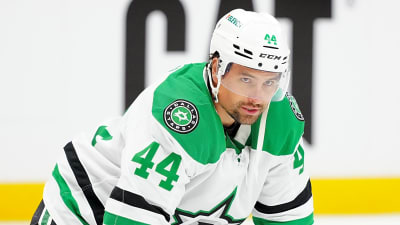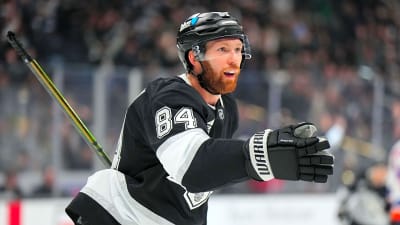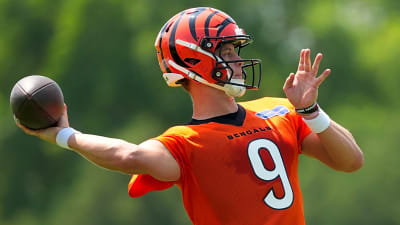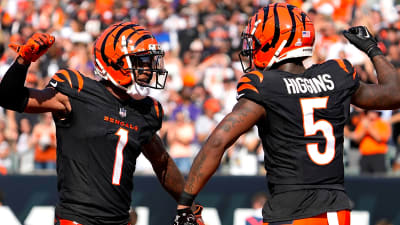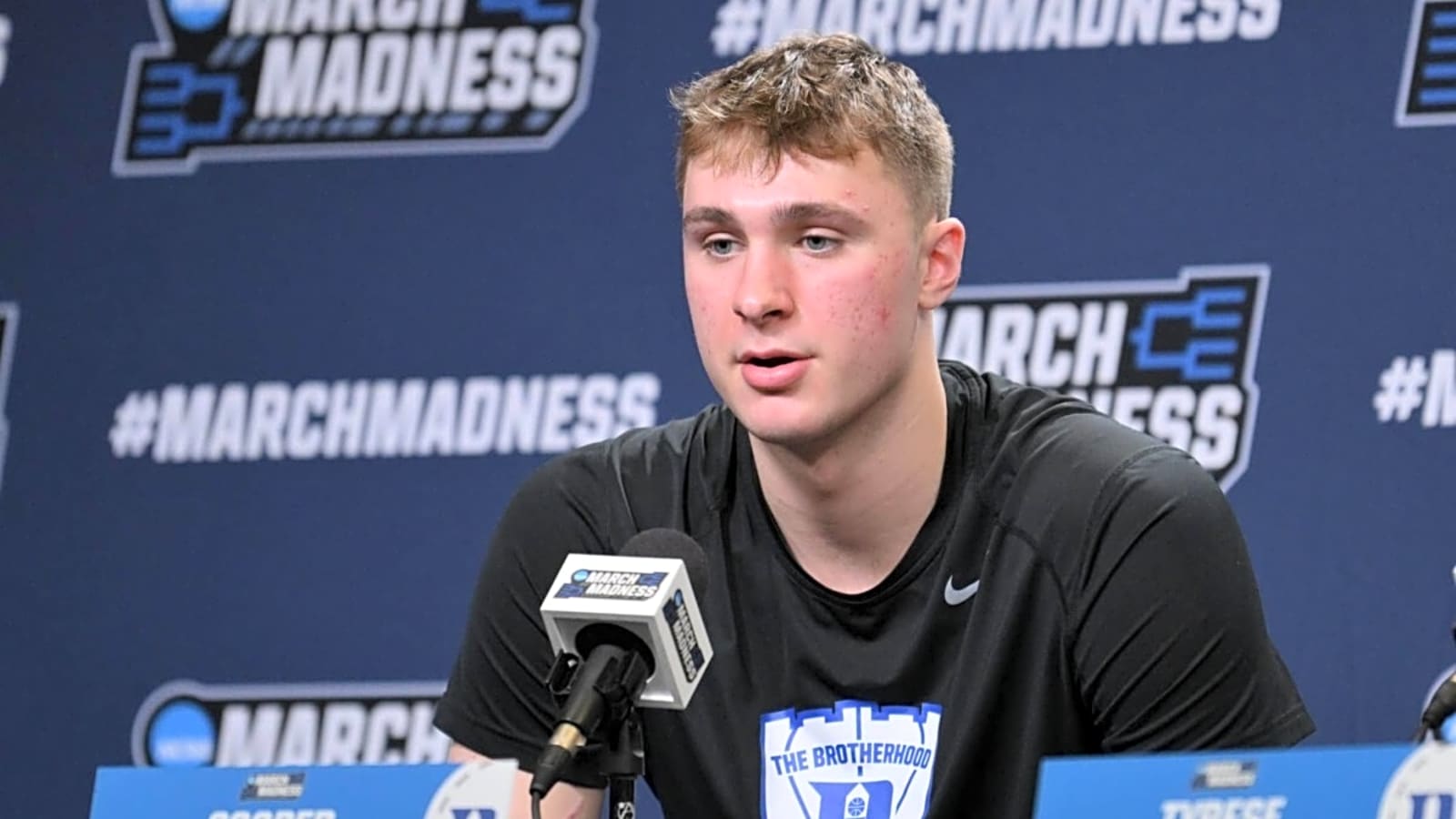
The 2025 NBA Draft Lottery delivered a shocker: the Dallas Mavericks, with a mere 1.8% chance, secured the No. 1 overall pick. This unexpected outcome, especially following the controversial trade of Luka Doncic, has stirred renewed suspicions from evyone in the NBA world.
Many are questioning the integrity of the lottery system, suggesting that the NBA might have orchestrated this result to compensate the Mavericks for bringing back ratings to the league or to boost market interest as a whole.
However, such theories aren't new. Over the years, several draft lotteries have been marred by allegations of manipulation, from the infamous "frozen envelope" incident in 1985 to the Bulls landing hometown hero Derrick Rose in 2008.
While the NBA maintains that the lottery is conducted fairly, these controversies continue to cast a shadow over the process as a whole. We have eight examples of where the draft lottery could be rigged because as the saying goes: if it looks too good to be true, it is too good to be true.
1985 NBA Draft - New York Knicks Win the Patrick Ewing Sweepstakes

In the inaugural NBA Draft Lottery, the New York Knicks secured the No. 1 pick, allowing them to draft Georgetown's Patrick Ewing. The Knicks had a 14.29% chance (1 in 7) of winning the top pick.
The selection process involved envelopes being drawn from a drum, and conspiracy theories emerged suggesting that the Knicks' envelope was tampered with, either frozen or ben, to ensure they landed Ewing. Too good to be true? Probably.
The Knicks, being one of the league's premier franchises, landing a generational talent in the first-ever lottery fueled suspicions about the integrity of the process. To this day, the 1985 lottery remains one of the most debated moments in NBA history and it kicks off the list of suspicious examples.
2003 NBA Draft - Cleveland Cavaliers Land LeBron James
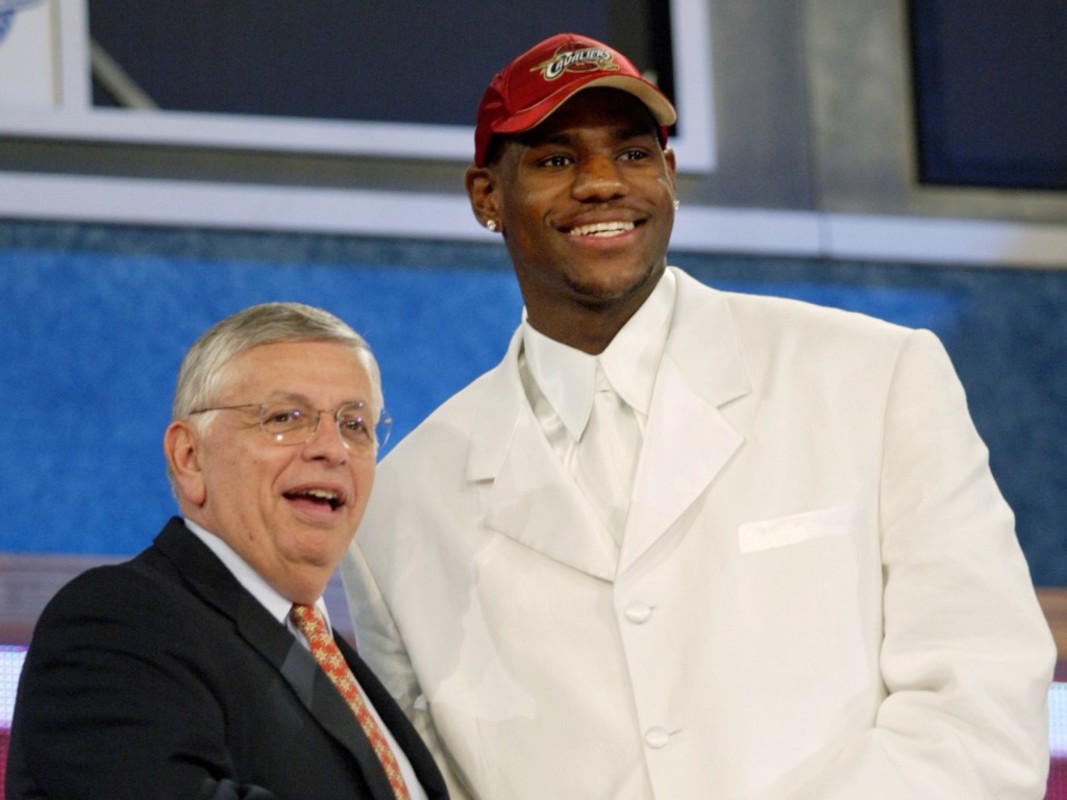
The Cleveland Cavaliers won the 2003 lottery, granting them the right to draft hometown hero LeBron James. Despite finishing with the league's worst record, the Cavaliers had a 22.5% chance at the top pick.
This outcome allowed the NBA to place its most anticipated prospect in years in his home state, boosting both the franchise and league popularity almost instnatly. It is fairytale-like that arguably the NBA's most struggling franchsie could draft their savior, "The Chosen One", in his hometown. That can't be scripted any better (if it is at all).
This perfect alignment of interests, reviving a struggling franchise and maximizing LeBron's marketability, led some to speculate about the lottery's authenticity. To be fair, no evidence of manipulation exists, but the scenario was almost too perfect and that is why LeBron James himself came out to speak about this recently.
2008 NBA Draft - Chicago Bulls Jump to No. 1 to Draft Derrick Rose

The Chicago Bulls, with just a 1.7% chance, leaped from the ninth position to win the 2008 lottery. This unexpected victory allowed them to select Chicago native Derrick Rose, a move that rejuvenated the franchise. The odds-defying outcome raised questions about the randomness of the lottery.
Rose's selection brought immediate success, culminating in an MVP award in 2011. This was too good to be true, because the Bulls were desperate to find the replacement for Michael Jordan, the greatest player in franchise history and to have ever played. The fact that Rose fell into their laps is a bit suspicious, and even LeBron James belives this is, again, too good to be true.
2011 NBA Draft - Cleveland Cavaliers Win with Clippers' Pick
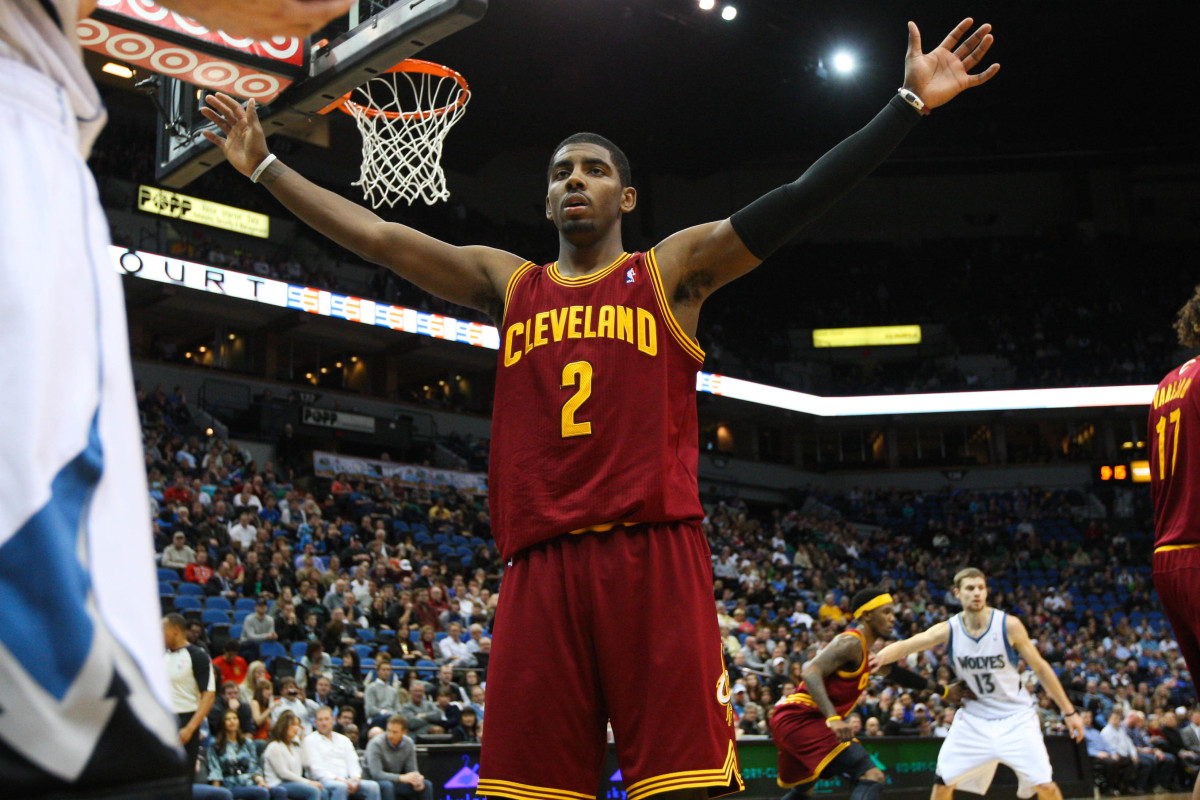
In 2011, the Cavaliers won the lottery using a pick acquired from the Los Angeles Clippers, which had a 2.8% chance of being No. 1. Interestingly enough, the Cavs had a 15.6% chance of winning the lottery with their own pick, but instead got "lucky" with their less-likely position.
This massive victory came just a year after LeBron James departed for Miami, providing Cleveland with a swift opportunity to rebuild. The Cavaliers selected Kyrie Irving, setting the stage for future success including playoff runs and eventually, an NBA championship.
The timing of the win, coupled with the low odds, led to speculation about the league's desire to compensate Cleveland for LeBron's departure. While the lottery's processes were transparent, the outcome seemed almost too convenient because there wasn't a player more sought after in the draft than the talented Aussie who is arguably the greatest ball-handler to have ever lived.
2012 NBA Draft - New Orleans Hornets Secure Anthony Davis
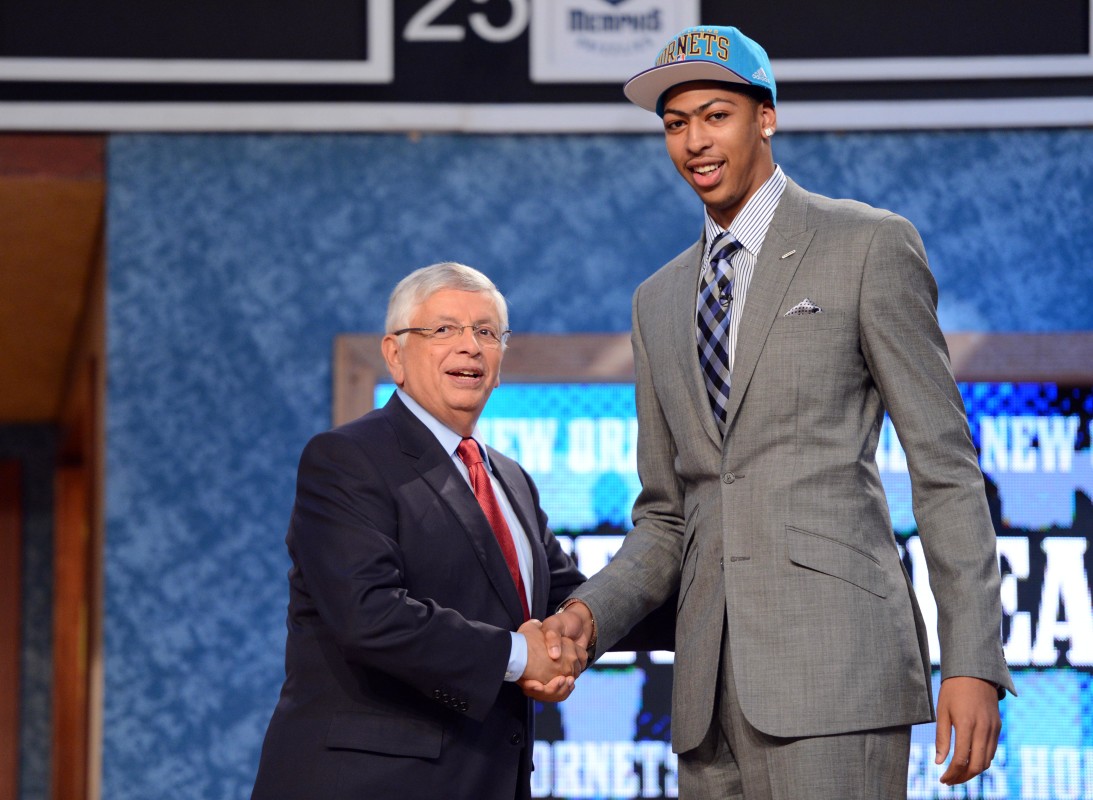
The New Orleans Hornets, recently purchased by the NBA, won the 2012 lottery with a 13.7% chance. This allowed them to draft Anthony Davis, a transformative talent. The league's ownership of the team at the time fueled conspiracy theories about the integrity of the lottery.
Critics argued that the NBA had a vested interest in making the franchise more attractive to potential buyers. Securing a star like Davis certainly increased the team's value, adding fuel to the fire of skepticism surrounding the lottery's fairness. In terms of what we believe with regards to this draft result, we digress.
2014 NBA Draft - Cleveland Cavaliers Win Lottery for Third Time in Four Years
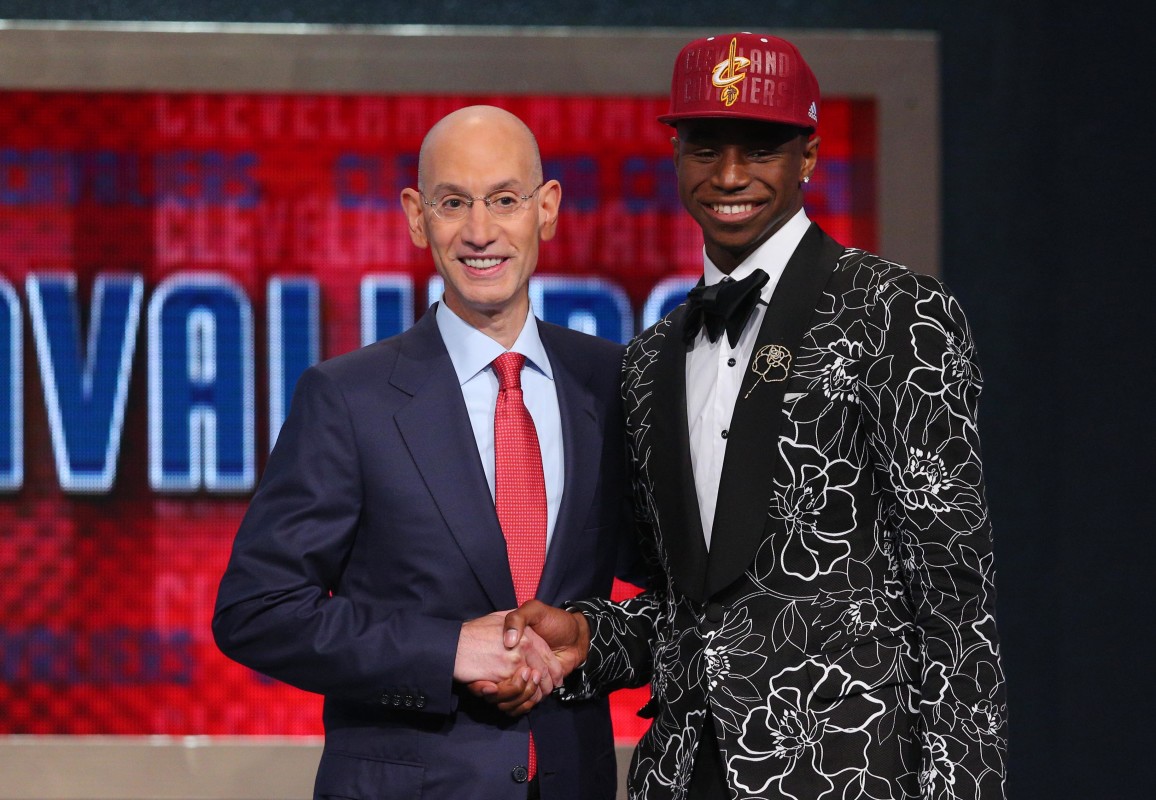
The Cavaliers, with just a 1.7% chance, won the 2014 lottery, marking their third win in four years. This unprecedented streak raised eyebrows across the league. The victory allowed them to draft Andrew Wiggins, who was later traded for Kevin Love, reuniting LeBron James with a strong supporting cast upon his return to Cleveland.
The sequence of events, the lottery win, LeBron's return, and the subsequent trade, led to speculation about the league orchestrating outcomes to make sure certain results are achieved. Particularly to NBA Finals appearances and NBA titles. While no concrete evidence supports these claims, the coincidences were hard to ignore yet again.
2019 NBA Draft - New Orleans Pelicans Win Zion Williamson Lottery

The Pelicans, with a 6.0% chance, won the 2019 lottery, granting them the right to draft Zion Williamson. This win came shortly after the team's star, Anthony Davis, requested a trade, threatening the franchise's stability. Landing Williamson provided an immediate replacement and revitalized the team's prospects.
The timing of the win led to theories that the NBA intervened to stabilize the franchise and remain competitive. While the lottery process was overseen by independent auditors, the outcome's "convenience" still raises eyebrows until today.
2025 NBA Draft - Dallas Mavericks Win Lottery After Trading Luka Doncic
Finally, in the 2025 draft lottery, the Dallas Mavericks, with a mere 1.8% chance, won the lottery a few months after trading away superstar Luka Doncic. This unexpected victory positioned them to draft Duke's Cooper Flagg, a potential franchise cornerstone.
The timing of the win, following a controversial trade that has been the center of the NBA season since the trade deadline, once again adds fuel to the fire. After all, the chances that the Mavs trade a top-five player in the world to the NBA's biggest market - only to land the No. 1 pick can't be scripted any better.
Obviously, critics will argue that the league might have orchestrated the outcome to compensate the Mavericks for losing a marquee player. While the lottery is conducted under strict protocols, the sequence of events added another chapter to the ongoing debate about the process's fairness and it also saves face for the Mavericks organizaton and especially, the man of the hour, Nico Harrison.
More must-reads:
- Winners and losers from opening day of NBA free agency
- New Nuggets front office makes bold moves to shake up team
- The 'NBA all-time scoring leaders' quiz
Breaking News
Trending News
Customize Your Newsletter
 +
+
Get the latest news and rumors, customized to your favorite sports and teams. Emailed daily. Always free!
